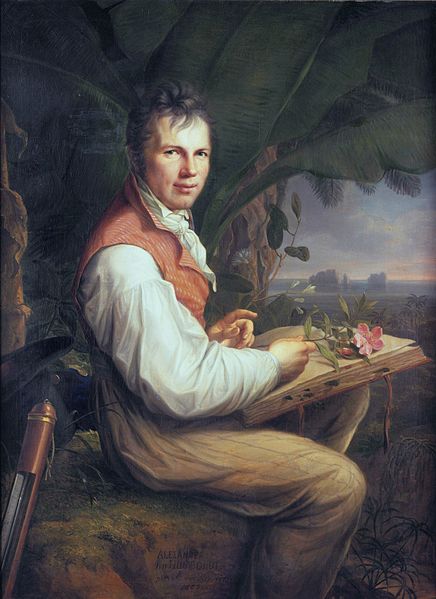It is a hinge.
It is a flash splintering
the sky,
then a rumble.
Under ripe light,
it is pollen
furring the bees.
It is a wood thrush’s
song rising
from the backyard’s
green pulpit.
Over and over
one calls, insistent.
Then another
parses, flute-like
as the head
bobs. Tail flicks.
It is the link
embedded in us.
Think of
the old gospels
which require
a beating heart,
church hands
to answer.
No matter what
form it takes
it seems impossible
to disentangle.
And still the God-weld
split, despite my bows
and prayers
to save my son.
You were silent.
This poem originally appeared in our 46.2 issue, and was a runner-up for The Florida Review‘s 2022 Humboldt Poetry Prize.
Prize judge David Keplinger’s citation: “In this delicately achieved lyric, like the prayer it references, rife with “pollen/furring the bees,” and the “backyard’s/green pulpit,” the natural world is imbued with sacred qualities, though the speaker’s calls to save the unnamed son are not answered. Nevertheless, the poem honors the tangled music of this realm, offering the song of the wood-thrush, “flute-like,” as embodiment of this grief.”


